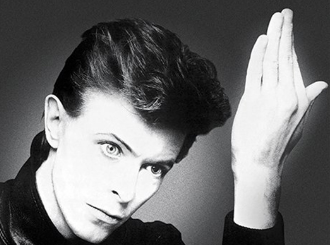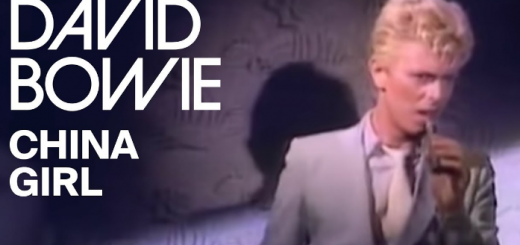Eight Line Poem by David Bowie Lyrics Meaning – Unraveling the Layers of Bowie’s Lyrical Abstraction
Lyrics
Surveys the prairie of your room
The mobile spins to its collision
Clara puts her head between her paws
They’ve opened shops down the West side
Will all the cacti find a home
But the key to the city
Is in the sun that pins
The branches to the sky, oh, oh, oh
Amidst the pantheon of David Bowie’s expansive and eclectic catalogue, the sparse and stirring ‘Eight Line Poem’ from the seminal 1971 Hunky Dory album often gleams with a unique, understated brilliance. Though the song may not boast the grandeur of ‘Life on Mars?’ or the rock gravitas of ‘Changes,’ it stands as a testament to Bowie’s poetic prowess and introspective artistry.
On the surface, ‘Eight Line Poem’ is a brief meditation, an enigmatic collection of images that challenges listeners to paint mental vistas beyond the audible strokes of its piano and guitar. But beneath the surface, Bowie’s words harbour a deeper conversation with the self, with society, and with existential musings that continue to resonate. Let’s dive into the poignant imagery and multi-layered meanings carved within this noteworthy composition.
The Prickly Guardian of Wistful Reflections
The tactful cactus—Bowie, imbuing nature with intent, makes it the silent observer of human solitude and sprawling emptiness. These opening lines paint a vivid picture where domestic meets desert, and the listener is left pondering on whether the cactus represents a protective spirit or a mirror to one’s own prickly isolation.
It’s no mere coincidence that Bowie places these stoic plants by the window, the traditional symbol of transition between inner and outer worlds. In doing so, he compels us to consider what it means to look out, or conversely, to be looked upon, possibly reflecting on the often-public scrutiny he faced as an artist.
Spinning Towards Chaos: A Microcosm of Disorder
Much of Bowie’s work thrives on visual paradoxes, and ‘Eight Line Poem’ presents a seemingly gentle yet inevitable collision—a mobile spins, doubtlessly designed to soothe, that instead yields to chaos. This line invites us to acknowledge the unpredictable dance of life, where moments of tranquillity can swiftly spiral into disarray.
The mention of a mobile also taps into a child-like innocence, paralleling the nursery with the universe’s grand commotion. Bowie’s gift lies in his ability to draw such comparisons, illustrating that even within the most mundane object or setting, lies a cosmos of implication.
The Mundane Metropolis Meets the Natural Outcast
With commercial establishments ‘opening shops down the West side,’ Bowie touches on urban development and the dislocation it causes. There’s a question embedded here: as capitalism spreads its tendrils, where do the displaced—represented by the ‘cacti’—go?
We’re compelled to consider Bowie’s possible critique on gentrification and the commercialization that characterized much of the 20th century, a pattern that remains pertinent today. Is the home he speaks of a physical space, or is he alluding to a larger, existential search for belonging?
Unlocking the City: The Power Above
‘But the key to the city / Is in the sun that pins / The branches to the sky.’ In these closing lines lies a cryptic clue perhaps to mastery over the speeding force of life and urban sprawl. Bowie invites listeners to gaze upwards—away from the terrestrial dance, to the celestial.
The enigmatic ‘key to the city’ might not be something tangible, but rather a call to heed the overarching and natural forces that oversee all. The sun, as both a giver of life and an unforgiving force, reminds us that nature, not urbanity, is the ultimate arbiter.
Singular Harbingers of Bowie’s Complex Web
‘Eight Line Poem’ is strewn with lyrics that may seem disconnected but merged together create a tapestry of thought-provoking imagery and metaphor. Each line holds weight, demanding a careful reading to extract personal truths and broader reflections on existence.
Such subtlety has always been the hallmark of Bowie’s artistic expression, allowing his lyrics to transcend time and remain subject to fresh interpretations even as decades pass. Within the eight lines of this poem, listeners find a spacious realm for rumination, where the concrete fades and contemplation blooms.








